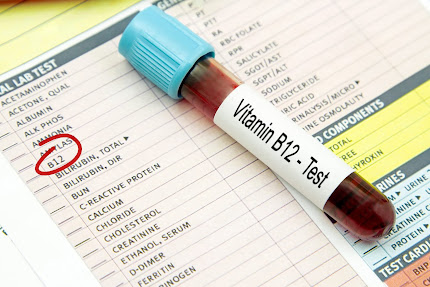VASCULAR HEALTH AND BRAIN FUNCTION
VASCULAR HEALTH AND BRAIN FUNCTION
Researchers at the Karolinska Institute have used an AI-based tool to analyze brain scans from healthy 70-year-olds, estimating the biological age of their brains. Their findings suggest that factors that harm vascular health—like inflammation and high blood sugar—are linked to brains that look older than their actual age. Conversely, people with healthier lifestyles tended to have brains that appeared younger. The study was published in Alzheimer's & Dementia: The Journal of the Alzheimer's Association.
Every year, more than 20,000 people in Sweden are diagnosed with dementia, and about two-thirds of those cases are Alzheimer's disease. The rate at which the brain ages appears to be influenced by a mix of health and lifestyle factors.
"Even though we've seen new drugs for Alzheimer's, they're not suitable for everyone," said Anna Marseglia, the study's lead author and a researcher at the Department of Neurobiology, Care Sciences and Society at Karolinska Institutet. "That's why we're interested in what helps the brain resist aging."
In the study, 739 cognitively healthy 70-year-olds (389 women) from the H70 cohort in Gothenburg underwent MRI brain scans. The researchers estimated each participant's brain age with their AI algorithm, which they describe as accurate, robust, and easy to use. Eric Westman, the principal investigator, noted that while the tool is primarily for research now, it could have future clinical applications in dementia assessments.
The research team also analyzed blood samples for lipids, glucose, and inflammation, conducted cognitive tests, and collected data on exercise and medical history.
On average, the AI estimated participants' brain ages at 71 years. The researchers then calculated the "brain age gap"—the difference between the biological (AI-estimated) and actual ages. They found that conditions like diabetes, stroke, cerebral small vessel disease, and inflammation correlated with brains that looked older. At the same time, regular exercise and healthy living were tied to younger-appearing brains.
Anna Marseglia pointed out, "Our study suggests that keeping your blood vessels healthy—like managing blood glucose—may help protect your brain's youthfulness."
The study also observed differences between men and women in factors linked to brain aging, suggesting that the sexes may build resilience in different ways. The team plans to investigate the role of hormones and social factors further.
Next year, they'll begin a new study focused on how social health—such as engagement, support, sleep, and stress—affects brain resilience, with a particular focus on women's health.
This research received support from several Swedish foundations and organizations, including the Centre for Innovative Medicine and the Swedish Research Council. While no Karolinska Institutet researchers reported conflicts of interest, co-author Silke Kern has professional ties to companies including Roche, Biogen, and Eli Lilly.




Comments
Post a Comment